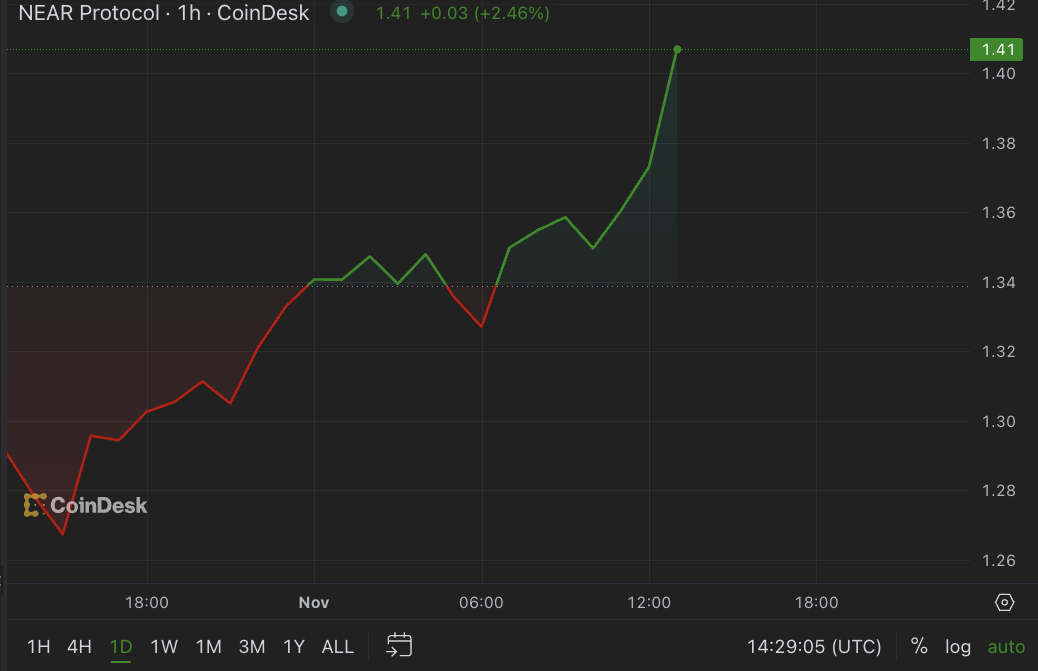The crypto economy in Portugal has hit a new low. Some of Portugal’s major banks have shut the bank accounts of digital-currency exchanges. One of Europe’s most crypto-friendly locations may be dealt a severe blow as a result of this decision. Portugal’s central bank appears to have given the banks permission to take action.
Banco Comercial Portugues, Portugal’s largest publicly traded bank, and Banco Santander closed down all accounts of CriptoLoja, a Lisbon-based cryptocurrency exchange, last week. The announcement was made by Pedro Borges, the exchange’s co-founder, and CEO.
The decision to close the accounts was made after two tiny banks in Portugal also closed the firm’s accounts. According to Pedro Borges, the lenders have not given a formal reason. At least two other crypto exchanges in Portugal have had their bank accounts shut.
Portugal’s central bank green lights closure of crypto exchanges accounts
Several of Portugal’s top financial institutions have recently terminated CriptoLoja’s accounts. The crypto exchange is the country’s first exchange to obtain an operating license.
According to a Bloomberg report, at least four domestically based cryptocurrency exchanges have had their accounts closed by BCP (Banco Comercial Portugues), Santander Bank, Caixa Geral de Depósitos, BiG, and Abanca.
The country`s government has taken a generally crypto-friendly approach previously. The government rejected two tax measures that might have been imposed on investors who profit from cryptocurrency transactions.
The Bank of Portugal, the country’s central bank, licenses all of the exchanges. Criptoloja, Mind The Coin, and Luso Digital Assets were three of the exchanges discovered. Furthermore, the third platform requested that its name not be used by media platforms.
The head of the Bank, Mário Centeno, said that banks were free to do anything they liked. He nonetheless promised to keep a close watch on the situation. The Bank of Portugal’s oversight of exchanges includes ensuring that platforms combat money laundering and terror financing and attempt to prevent fraud.
BCP told Bloomberg that its main responsibility is to inform the authorities if it detects any “suspicious transactions,” which could lead to the termination of banking relationships with certain companies. In February 2022, the authorities banned Mind the Coin, and it has been unable to create accounts for people since then
According to the CEO and co-founder of CriptoLoja, Pedro Borges, his business now has to rely on “operations outside of Portugal. The head of Luso Digital, Ricardo Felipe, reported the organization has had its accounts closed by the regulators.
The Crypto environment in Portugal toughens
Portugal has emerged as a hotbed for the cryptocurrency industry in recent months. The Portuguese authorities consider digital currencies the same way as other currencies, not just assets. It’s also one of the few places on the Old Continent where you won’t have to pay taxes when using bitcoin.
Many Ukrainians have flocked to Portugal in recent years for its crypto-friendly policies, which has drawn a steady stream of refugees from the country’s ongoing armed conflict. Before facing off with Russia in an international military confrontation, approximately 27,000 Ukrainians lived in Iberia. At the time of writing, their number is over 52,000, putting them second only to Brazilian immigrants in size.
The closure of these accounts is interpreted as a blow to Portugal’s crypto-friendly policy. Previously, authorities rejected two tax proposals that might have been applied to traders making money from cryptocurrencies.
However, the government and financial sector have recently exhibited an increased interest in controlling cryptocurrency in conformity with other EU nations. Because of their perceived risk, crypto exchanges have been having difficulties obtaining banking services worldwide.
According to media reports, United States Senator Elizabeth Warren proposes a bill that would effectively ban bank-provided cryptocurrencies. Ukraine has attracted European Bitcoin entrepreneurs, particularly Ukrainians fleeing the country’s economic crisis.
According to the available data, it’s unclear if any other cryptocurrency firms have had their accounts closed this year. The actions affect three of the five virtual coin exchanges with a central bank license. This might indicate that Portugal’s digital-assets industry faces a more hostile environment.
During the Covid-19 epidemic, the nation of southern Europe became a safe haven for bitcoin enthusiasts. This is due to its zero taxes on digital-currency gains, low housing prices, and pleasant weather year-round.
In addition, banks in Portugal have been closing or denying cryptocurrency exchange accounts, according to Jornal de Negocios on Wednesday. Caixa Geral de Depositos and Lisbon-based BiG are two of the lenders that have rejected or shut down cryptocurrency exchange accounts.
Two left-wing parties in Portugal, Livre, and Bloco de Esquerda, recently called for certain modifications to the country’s cryptocurrency taxation policy. They wanted individuals who make more than $5,100 in revenue from dealing with digital assets to be taxed.
Two months ago, Portugal’s Parliament rejected the bills. It is worth noting that the country’s current administration – the Socialist Party – is also pushing for certain adjustments in this area. It’s still unclear what it’ll propose and whether Congress will accept it.





